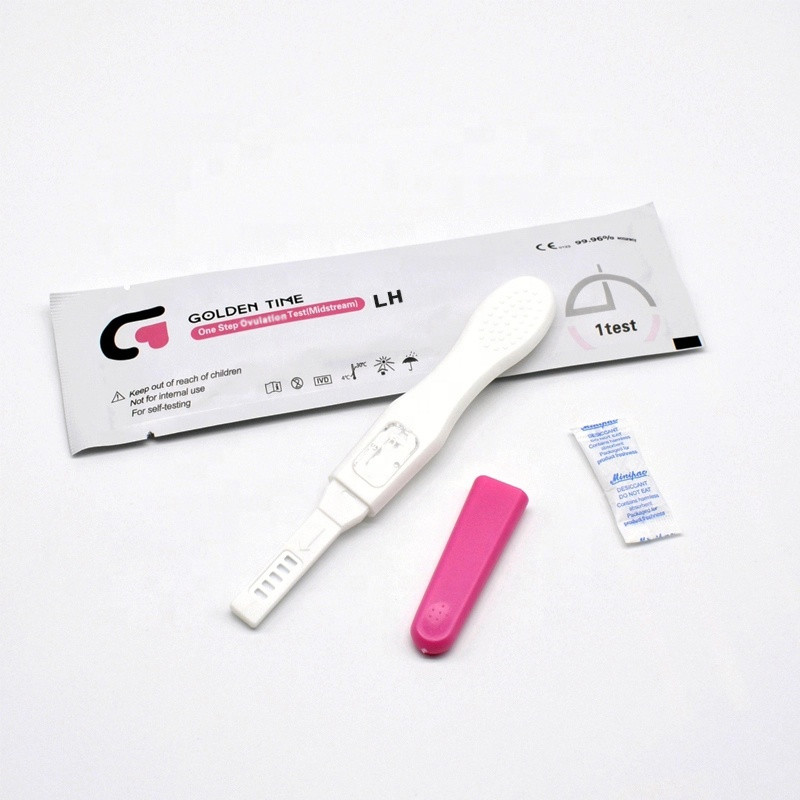Nov . 21, 2024 11:55 Back to list
stool fobt test manufacturers
Understanding Stool FOBT Test Manufacturers
The stool fecal occult blood test (FOBT) is an essential tool for screening colorectal cancer and other gastrointestinal disorders. In recent years, the demand for effective and reliable FOBT kits has surged, leading to the emergence of various manufacturers specializing in this field. This article explores the significance of these manufacturers, the types of tests they produce, and the factors contributing to their growth.
Understanding Stool FOBT Test Manufacturers
Guaiac-based tests have been in use for many years and rely on the chemical reaction of guaiac with peroxidase activity found in hemoglobin. While these tests are cost-effective, they often require dietary restrictions prior to testing and can yield false positives due to non-dietary factors. On the other hand, immunochemical tests are newer and more specific, targeting human hemoglobin exclusively. These tests do not require any dietary restrictions, making them more convenient for patients.
stool fobt test manufacturers

Prominent manufacturers in the market include companies such as Quidel Corporation, Abbott Laboratories, and Siemens Healthineers. These companies invest significantly in research and development to enhance the accuracy and reliability of their products. Moreover, they conduct rigorous clinical trials to ensure their tests adhere to regulatory standards set by agencies like the U.S. Food and Drug Administration (FDA).
The growth of stool FOBT manufacturers is also driven by increasing awareness and prevalence of colorectal cancer. As more people become informed about the importance of regular screenings, the demand for FOBT kits has risen substantially. Additionally, governments and health organizations worldwide are advocating for colorectal cancer screening, further boosting the market.
Today, many manufacturers are utilizing advanced technologies, such as molecular diagnostics, to improve the performance of their tests. This includes the development of next-generation tests that can detect a broader range of biomarkers. The incorporation of user-friendly features, such as easy sample collection and clear instructional materials, is also becoming more common.
As we look to the future, the role of stool FOBT manufacturers will continue to evolve. The combination of technological advancements, growing awareness of colorectal health, and the ongoing commitment to research and development will drive innovation in this crucial area of healthcare. By providing effective screening tools, these manufacturers not only contribute to the early detection of colorectal cancer but also play a pivotal role in improving patient outcomes and reducing mortality rates associated with this disease.
-
Accurate Cocaine (Coc) Rapid Test Kit | Fast & Reliable Detection
NewsJul.31,2025
-
Accurate HCG Pregnancy Test Strips | Fast Home Use Kit
NewsJul.31,2025
-
Reliable Early Pregnancy Test Kit Supplier - Multi Plastic Cassette Options
NewsJul.30,2025
-
Transferrin Rapid Test Cassette – Reliable Tumor Marker Detection
NewsJul.29,2025
-
Accurate Follicle Stimulating Hormone Test Kit | Rapid Reliable Results
NewsJul.29,2025
-
High Accuracy LH Ovulation Test Kit - Digital Results & Wholesale Options
NewsJul.29,2025

